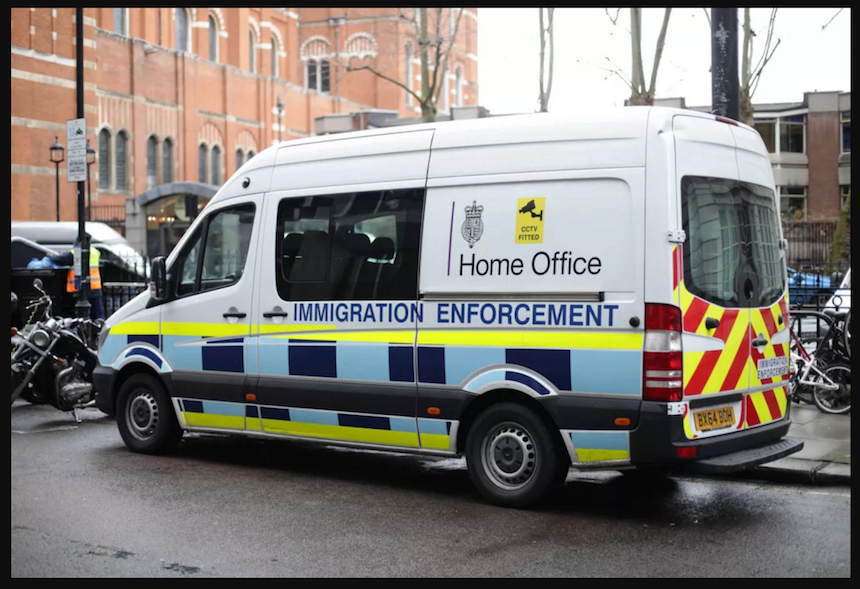

On April 20, 2017, Doctors of the world, a UK-based humanitarian organization which empowers marginalized people to access health care, launched a toolkit to help general practitioners and practice staff to safeguard their patient’s personal details. This toolkit was issued in response to the memorandum of understanding signed by the UK Government and NHS Digital in January allowing the Home Office easier access to non-clinical patient details, including their home address, to facilitate tracing of individuals suspected of immigration offenses.
The doctor–patient relationship should be one of trust and mutual respect. Confidentiality is key to this connection and allows a patient to be vulnerable and unguarded, safe in the knowledge that the details of the interaction will not be shared unless it supports the provision of effective care. With most health-care data now being stored electronically, sharing of information is much easier, and this can have great benefits for the patient, including maximizing continuity of care. New confidentiality guidance from the General Medical Council (GMC) that became effective from April 25, 2017, discusses the increasingly challenging role of safeguarding patient information in a complex health and social care environment. The GMC outlines good practice in handling patient details, as well as highlighting situations in which it is permissible to share information for purposes other than direct care, to serve a wider public interest. Whether the detection of illegal immigrants falls under this category has provoked strong debate.
Some argue that instead of safeguarding the public, this new agreement could put the public at risk. If patients are concerned that their personal information will be shared with immigration agencies, it creates a real barrier to health-care engagement and means that treatment of infectious diseases, such as tuberculosis and influenza, could be prevented or delayed. Public Health England (PHE), who were not involved in the development of the memorandum of understanding, released a formal response to the proposal in February, outlining their concerns. PHE explained that concerns about confidentiality and fear or deportation have been shown to decrease or delay health-seeking behaviour for a range of communicable diseases, and this could present a serious risk to public health. Tuberculosis rates in the UK remain among the highest in western Europe and almost three quarters of patients with tuberculosis in 2015 were born abroad. Migrants with latent tuberculosis are also at the highest risk of progressing to active disease in the first year after arrival, so early detection, treatment, and contact tracing is essential. There are also economic arguments for not wanting to increase barriers to health care. For example, delayed treatment of tuberculosis increases the risk of developing multidrug resistant-tuberculosis, which is much more costly and difficult to treat.
On the other side of the argument, the Department of Health emphasises that there is a process in place whereby NHS Digital assesses the privacy implications and the competing public interest for and against the disclosure of personal information to the Home Office on a case-by-case basis. NHS Digital can deny access to information or request further details from the Home Office. The government says that they want to protect UK taxpayers by tracing people who do not have the right to access benefits and health care. To further crack down on unauthorised access to health care, the NHS recommended extending the charging rules in February, requiring hospitals to check patient’s eligibility to access free care and charge non-exempt overseas visitors for non-urgent care. This will act as a two-fold deterrent to undocumented migrants accessing health care—demands for payment they cannot afford and clarification of their immigration status.
The main concern though is the risk to individuals themselves. Undocumented migrants are a vulnerable population, often having fled war or political turmoil, and under significant economic hardship. A safe-haven to obtain quality health care is a basic human right and one that health-care professionals and groups such as Doctors of the World are anxious to protect. Whether or not one believes there is a need to trace illegal immigrants, using their access to health care to do so is unethical and also threatens the sacrosanct confidentiality between doctor and patient that is a cornerstone of medical practice.
Published courtesy of The Lancet Respiratory Medicine

